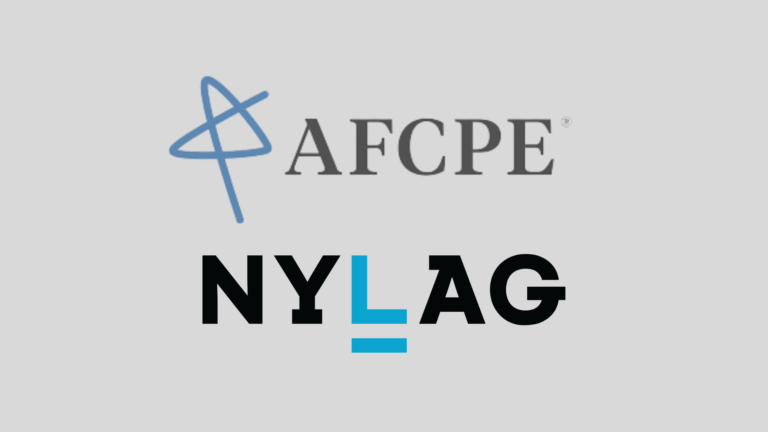By Damara Parra
It’s National Consumer Protection Week, and did you know that in 2021 Americans lost an unbelievable $770 million due to social media fraud? This is a 633% increase in fraud from pre-pandemic levels (2019). Since the pandemic started, there has also been an increase in reports of scams and other deceptive practices that virtually affect all of us. Fraudsters often take advantage of our vulnerabilities. Some examples are our anxiety related to unstable income, health unknowns, money struggles, and even our isolation and our increased reliance on electronic means of communication. In this case, as in many other cases in life, the best protection is prevention AND awareness. Here are three key steps you can take to protect yourself:
Step 1: Know your consumer rights:
Some of the more important laws you should get familiar with are:
- Federal Fair Debt Collection Practices Act (FDCPA): among other things, this law states that a debt collection agency cannot threaten you, use abusive language, or disclose your debt to anyone other than you and your spouse and what you can do if this happens. The FTC has this helpful video on the FDCPA.
- The NY State New Car Lemon Law: this law provides options for New Yorkers to deal with cars that turned out to be defective or have excessive problems soon after they are sold to you. For details on what vehicles qualify to submit a claim, you can visit this website.
- No Surprises Act: this federal law was signed in 12/2021 and protects you from getting unexpected medical bills for “out of network” charges as long as you get health coverage through your employer, the Marketplace, or purchased it directly from an insurance company. Additionally, if you are uninsured, this law requires your health provider to give you a “Good Faith Estimate” before you receive the services. You can read more about this law in this website.
Step 2: Know the latest scams
The FBI and the Federal Trade Commission (FTC) maintain a well-documented scam alert website with the latest nationwide scams. Each of their articles provides tips on how to avoid falling prey to these scams.
- Tip: If you spot a scam, do not keep it to yourself report it to the FTC. This will help them identify a pattern and build a case against fraudsters to stop them. This video shows you the issues you can report.
Step 3: If you are a victim of scams, fraud or abusive practices, act fast!
- If you are a victim of fraud or a scam, check out this comprehensive list from the NY Attorney General’s website to know what immediate steps to take. You can also make an appointment with one of our financial counselors for one-on-one assistance.
- If you have been a victim of unfair practices contact the NY State Consumer helpline for guidance or file a consumer complaint.
Still have questions?
Fraud, Scams and unfair practices may not only harm you financially but also emotionally. Although it may be hard for you to seek help, know that you are not alone. NYLAG Financial Counselors can help you navigate these situations and feel safe again.
- If you are currently working with a NYLAG financial counselor, reach out to them now to discuss your goals and saving options.
- Connect with a NYLAG financial counselor.
- Call our NY COVID-19 Legal Resource Hotline with a legal concern related to COVID-19.







